Wall Street is expected to continue to set new records in the final trading week of the year, as recent gains have been very strong.
The S&P 500 has risen more than 4% in December alone and is up 24% this year. The index is now less than 1% away from its all-time high and is on track for its eighth consecutive weekly gain. The DJIA also hit a new high on December 13, following the Federal Reserve's decision not to raise interest rates.
Historically, this rally is likely to continue in the short term. Wall Street typically rises toward the end of the year, a phenomenon known as the “Santa Claus Rally.”
According to Stock Trader's Almanac data going back to 1969, the S&P 500 has gained an average of 1.3% in the last five trading days of December and the first two trading days of January. There are many reasons for this increase, from the need to buy more before the new year to the general anticipation of the holidays.
Market optimism is high this year. The US Federal Reserve surprised markets earlier this month by signaling that its policy tightening may be over, while forecasting at least three interest rate cuts next year.
Inflation in the United States is also slowing. Data released last week showed that the personal consumption expenditures (PCE) price index, the Fed's preferred inflation measure, fell in November for the first time since mid-2020.
"The big story right now is that the Fed is about to change policy. That has supported the market and lifted investor sentiment. That's not going to change in the final week of the year," said Angelo Kourkafas, investment strategist at Edward Jones.
Investors are in a buying mood, with Bank of America clients buying a net $6.4 billion of U.S.-listed stocks last week, the most since October 2022, according to data from the bank.
Retail investor demand has also picked up in the past four to six weeks, Vanda Research said in a report last week. "After pursuing a high-interest rate policy in recent months, the Fed's shift in policy and the possibility of a soft landing in the US economy have prompted individuals to pour money into risk assets such as stocks. We expect this trend to continue into the new year," the report said.
Another reason, according to Kevin Mahn, chief investment officer at Hennion & Walsh Asset Management, is fear of missing out (FOMO). Investors with a lot of cash may therefore find opportunities in the market this week.
"The market seems to be overextended. But I think the indices can still go higher, because of FOMO," he concluded.
Ha Thu (according to Reuters)
Source link


![[Photo] "Beauties" participate in the parade rehearsal at Bien Hoa airport](https://vstatic.vietnam.vn/vietnam/resource/IMAGE/2025/4/11/155502af3384431e918de0e2e585d13a)

![[Photo] Looking back at the impressive moments of the Vietnamese rescue team in Myanmar](https://vstatic.vietnam.vn/vietnam/resource/IMAGE/2025/4/11/5623ca902a934e19b604c718265249d0)





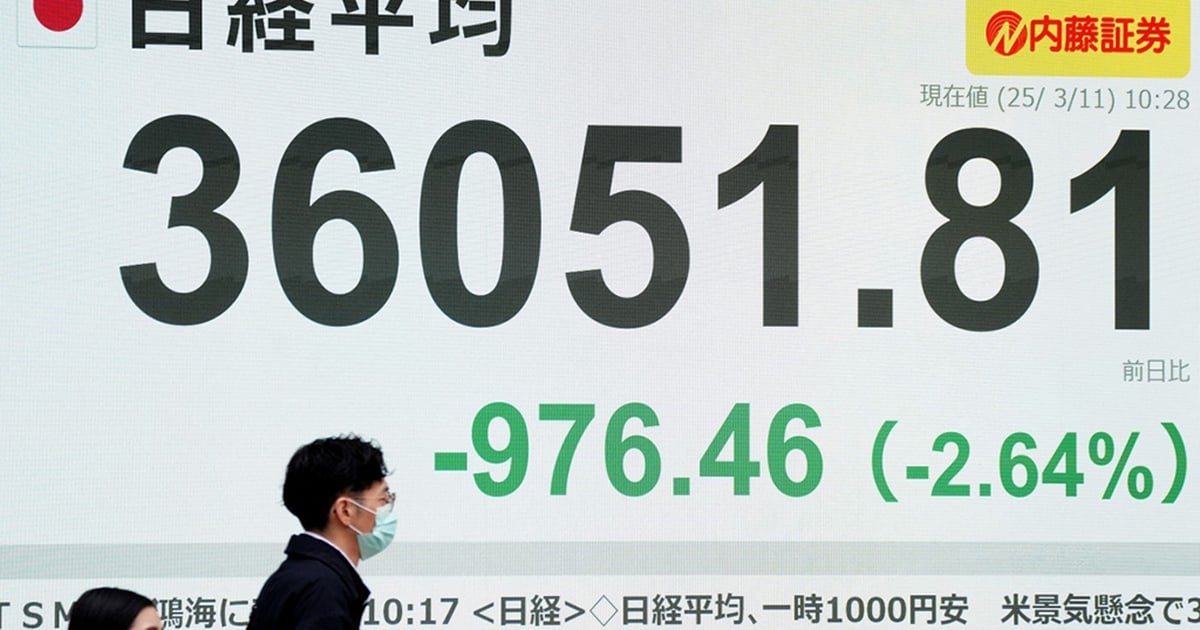
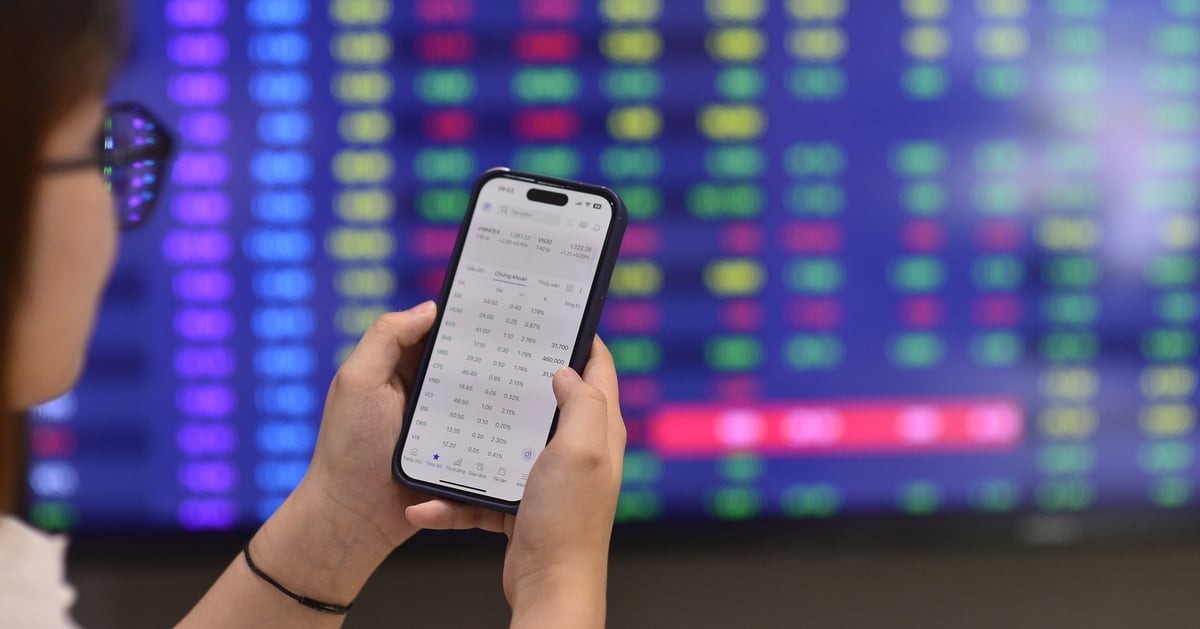

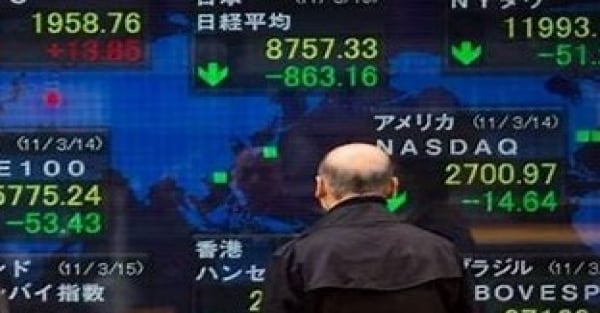


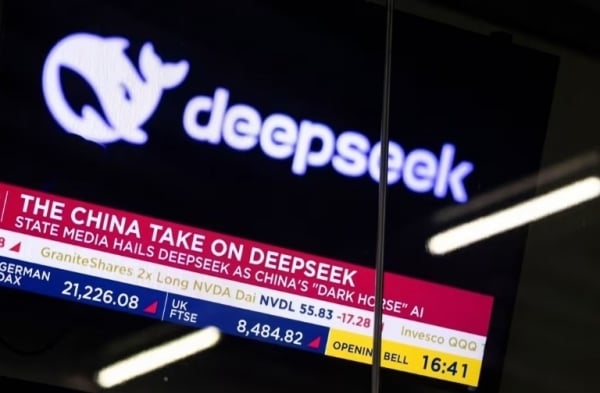

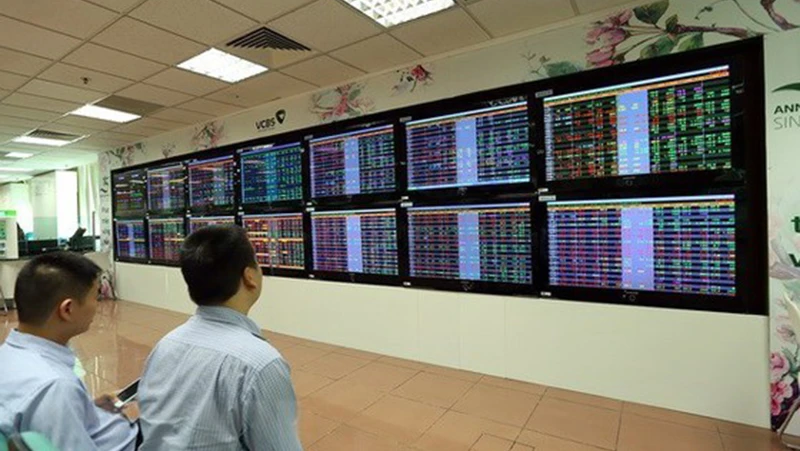














![[Photo] Summary of parade practice in preparation for the April 30th celebration](https://vstatic.vietnam.vn/vietnam/resource/IMAGE/2025/4/11/78cfee0f2cc045b387ff1a4362b5950f)






























































Comment (0)